Venezuela's opposition figure Guaido expelled from Colombia over illegal entry
Colombia has expelled Venezuelan opposition figure Juan Guaido, hours after he arrived in Bogota for a conference to discuss his country’s political crisis.
Guaido said he was expelled from Colombia hours after he crossed the border from Venezuela to try to meet with some participants at an international conference on Tuesday.
Colombia's foreign ministry said late Monday that Guaido, who arrived in Bogota in an "irregular manner," was taken to the capital city's El Dorado airport for a "departure on a commercial airline to the United States during the night."
"The ticket had already been purchased by him," the statement added.
Guaido, who was not invited to the conference, said in a statement he had walked across the border from Venezuela to Colombia. He later posted a video on Twitter that he appeared to have filmed from inside a plane.
The conference, organized by Colombia's President Gustavo Petro, seeks to restart negotiations between Venezuela's government and the opposition that began in Mexico City in 2021.
The conference is set to bring together nearly two dozen delegations from countries in Latin America, North America and Europe in an attempt to unfreeze negotiations between the government and opposition.
Under Petro's predecessor, right-wing president Ivan Duque, Colombia had been Guaido's main regional backer, breaking diplomatic ties with President Nicolas Maduro 's government.
Petro reversed this decision, taking up instead a leading role in a process aimed at ending Venezuela's crisis through negotiations.
Venezuela's opposition, backed by the United States, did not recognize Maduro's 2018 re-election. The next year, Washington ramped up sanctions against Caracas, which were first imposed in 2015.
In December last year, Venezuela's opposition lawmakers officially removed US-backed Guaido and dissolved his so-called “interim government” amid reconciliation efforts with the democratically-elected government of Nicolas Maduro prior to the 2024 elections.
The decision was made within the framework of peace talks between the Maduro administration and the country’s opposition groups to promote national unity and advance the recovery of the Latin American state from years-long US-imposed bans.
Back in November, Maduro's administration and the country's opposition reached a long-delayed "social protection agreement" aimed at easing the drawn-out political and humanitarian situation in the country, with the deal focusing on education, health, food security, flood response, and electricity programs.
Last year, the two sides held several rounds of negotiations with the mediation of Norway in Mexico, but practically it did not bring any favorable results.
After the agreement, the two sides asked the United Nations to manage a fund, worth billions of dollars seized in foreign banks over US sanctions, in an effort to ease the country's protracted political and humanitarian situation.
Responding to the move, the US Treasury Department issued a license for Chevron, the second largest US oil company, to expand operations in Venezuela, allowing it to import Venezuelan crude into the United States.
The oil-rich Latin American country began going through a downward spiral of poverty as well as social and developmental stagnation in 2018, when the West, led by the US, and its favored Venezuelan opposition contested Maduro's victory in the presidential election.
Following the election, Western countries began slapping Caracas with a slew of backbreaking sanctions, which have been responsible for spawning the dire economic situation in the country, with millions having fled Venezuela since the onset of the crisis.
More than 7.1 million Venezuelans, as UN estimates show, have left their country and migrated to other Latin American countries or the US amid Venezuela’s high inflation as well as food and medicine shortages following Washington’s crippling sanctions.
South Korean President Yoon arrested over failed martial law bid
VIDEO | Press TV's news headlines
US budget deficit surges to record $711 billion
VIDEO | Yemeni army conducts three attacks against Israel within 12 hours
VIDEO | Gaza’s kidney patients face imminent death amid lack of fuel
Yemeni drones hit targets in Israel-occupied Yaffa
VIDEO | Is the worst yet to come?
ICC prosecutor pushes rejection of appeal on Netanyahu arrest warrant


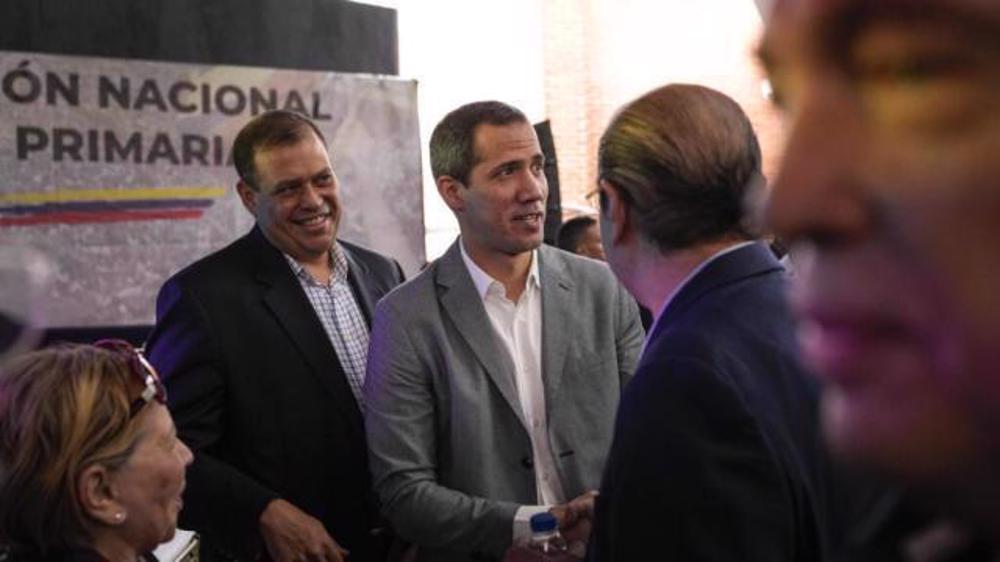
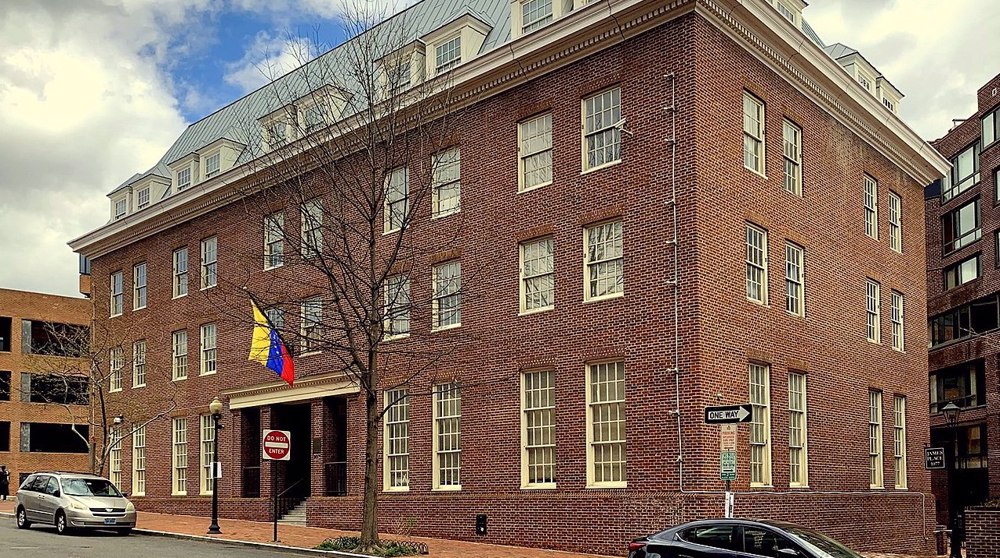
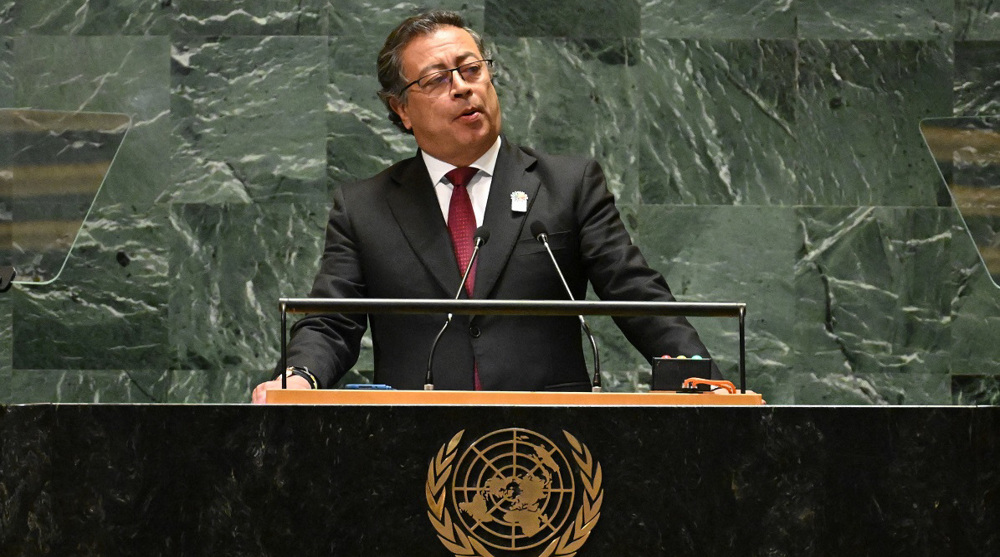
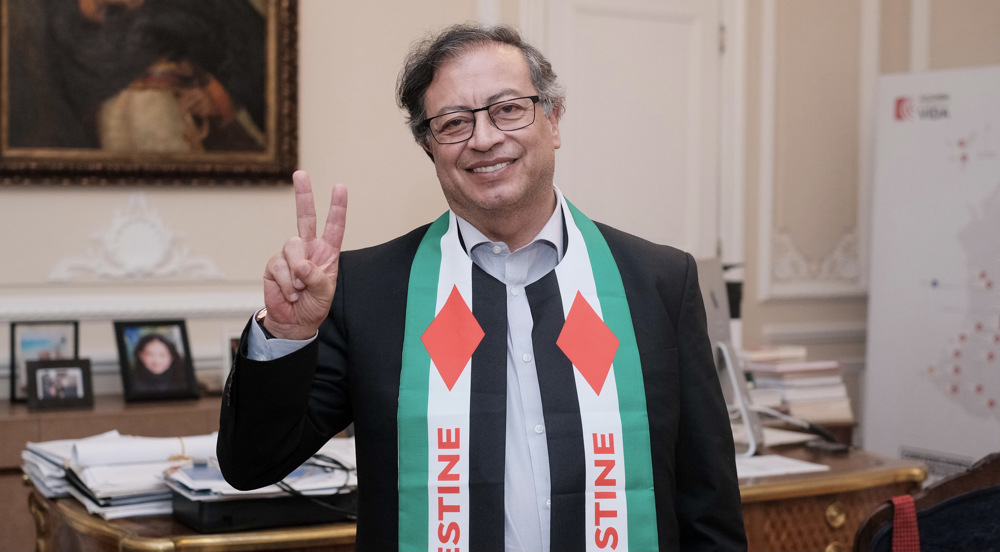
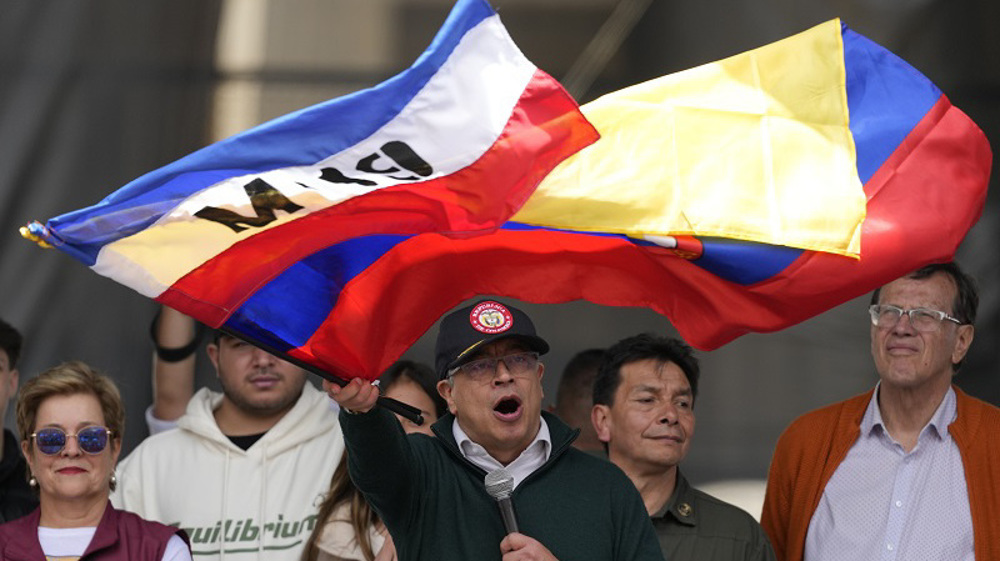




 This makes it easy to access the Press TV website
This makes it easy to access the Press TV website